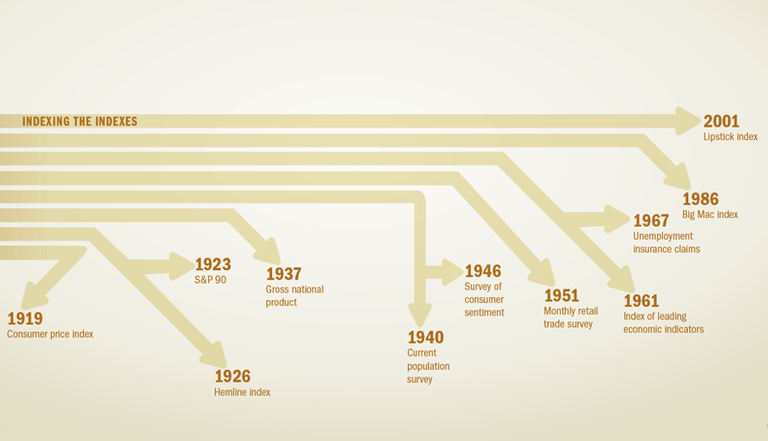Module 6 Essay: Production
Blaze K. Munoz
Department of Entrepreneurship, Oklahoma State University
EEE – 2083 Entrepreneurship & Society
Professor Trost
March 27, 2023
Abstract
Throughout this paper, we will be discussing production and its evolution. In “The Seen, the Unseen, and the Unrealized”, by P.L. Bylund, the author goes into great detail of how production is similar to politics and how the entire economy is connected. In “Capitalism, socialism, and democracy”, by Joseph A. Schumpeter, the author goes in depth about the evolution of production and the effect it has on the world.
Unbeatable, Imperfect Markets
Production
In the book, “The Seen, the Unseen, and the Unrealized”, by P.L. Bylund, the author starts Chapter 4, “Unbeatable, Imperfect Markets”, by connecting production with politics. A connection that I have not yet made. He goes on to illustrate how with production comes decisions. For instance, in the early years of mankind, people had to produce everything for survival, mainly food. Whether that may be farming, killing, or growing, individuals had to put in the labor rather than just pull through a fast-food place. He goes on to explain that if there is a group of people, producing for survival, their goods must be distributed equally between the civilians, and
“with collective decision-making comes bureaucracy for control and management – in other words: politics” (Bylund, 2016, p. 54).
How may you fix this? Bylund goes on to explain having institutions or a culture that limits what is morally and ethically allowed. Or on the other hand, do not let the group grow too big. The real solution is indirect consumption. Indirect consumption allows oneself to satisfy their needs by producing through a different market.
“It is also a much more scalable model that allows for more economic production and, consequently, affluence” (Bylund, 2016, p. 56).
Indirect consumption allows people to focus on one market to produce from instead of everyone producing what they need at that specific time and place.
This allows time to be saved, expertise to develop, and the efficiency of production to increase (Bylund, 2016).
There have been studies done that show multi-tasking can have detrimental effects on productivity and effectiveness. That’s why specializing in a specific production and then trading for access to your desired consumption is overall more productive. Bylund later goes on to explain the process of production as an organism rather than a sequence. It might seem like a sequence, gather materials, make the product, sell the product, repeat. However, in production, every little aspect all flows together, whether you are in China, Europe, or Los Angeles, every product produced is connect. Which is why production is illustrated as an organism. Organisms needs each other to survive. For example, Adele producing her apple orchard needs to start off by clearing the land to be able to plant apple trees. This process would require machinery which she purchased from another vender. Just by her buying machinery from someone, their company and her apple orchard are connected. This helps illustrate how the economy is compatible to an organism.
The Process of Creative Destruction
Evolution of Production
There is no secret that production has evolved over the years. With evolution comes the extinction of past products.
“So is the history of the productive apparatus of the iron and steel industry from the charcoal furnace to our own type of furnace, or the history of the apparatus of power production from the overshot water wheel to the modern power plant, or the history of transportation from the mail-coach to the airplane” (Schumpeter, 1962, p. 83).
This continuous process of evolving is thanks to capitalism.
“Capitalism, then, is by nature a form or method of economic change and not only never is but never can be stationary” (Schumpeter, 1962, p. 82).
This is due to the economy being in a social and natural environment that changes non-stop. The opening of a new market means the closing of another. The author later goes on to talk about a oligopolist industry, one where the economy is controlled by a few big firms. This is somewhat currently true. For example, only a few big firms control the food industry. Going up and down the isle at a grocery store, it appears to be hundreds of different brands; however, most all foods are under one big company. For instance, Coca-Cola does not just own Coke, the own, Dasani, Sprite, Powerade, and more. Kellogg’s own pop tarts, pringles, Nutri-Grain, Cheez-its, and many more. The goal of these big firms is to maximize their profits. In a sense, these firms run the food industry. They control the prices and ingredients that we put in our bodies. The ideal goal is for the output to expand and prices to decrease.
“It is hardly necessary to point out that competition of the kind we now have in mind acts not only when in being but also when it is merely an ever-present threat. It disciplines before it attacks” (Schumpeter, 1962, p. 85).
Reference Page
Bylund, P. L. (2016). Chapter 4: Unbeatable, Imperfect Markets. In Seen, the unseen, and the unrealized: How regulations affect our everyday lives (pp. 47–72). essay, Lexington Books.
Schumpeter, J. A. (1962). Chapter VII: The Process of Creative Destruction. In Capitalism, socialism, and democracy (pp. 81–86). essay, Harper Torchbooks, Harper & Row.

Congratulations @bkm! You have completed the following achievement on the Hive blockchain And have been rewarded with New badge(s)
Your next payout target is 50 HP.
The unit is Hive Power equivalent because post and comment rewards can be split into HP and HBD
You can view your badges on your board and compare yourself to others in the Ranking
If you no longer want to receive notifications, reply to this comment with the word
STOPCheck out our last posts:
Support the HiveBuzz project. Vote for our proposal!